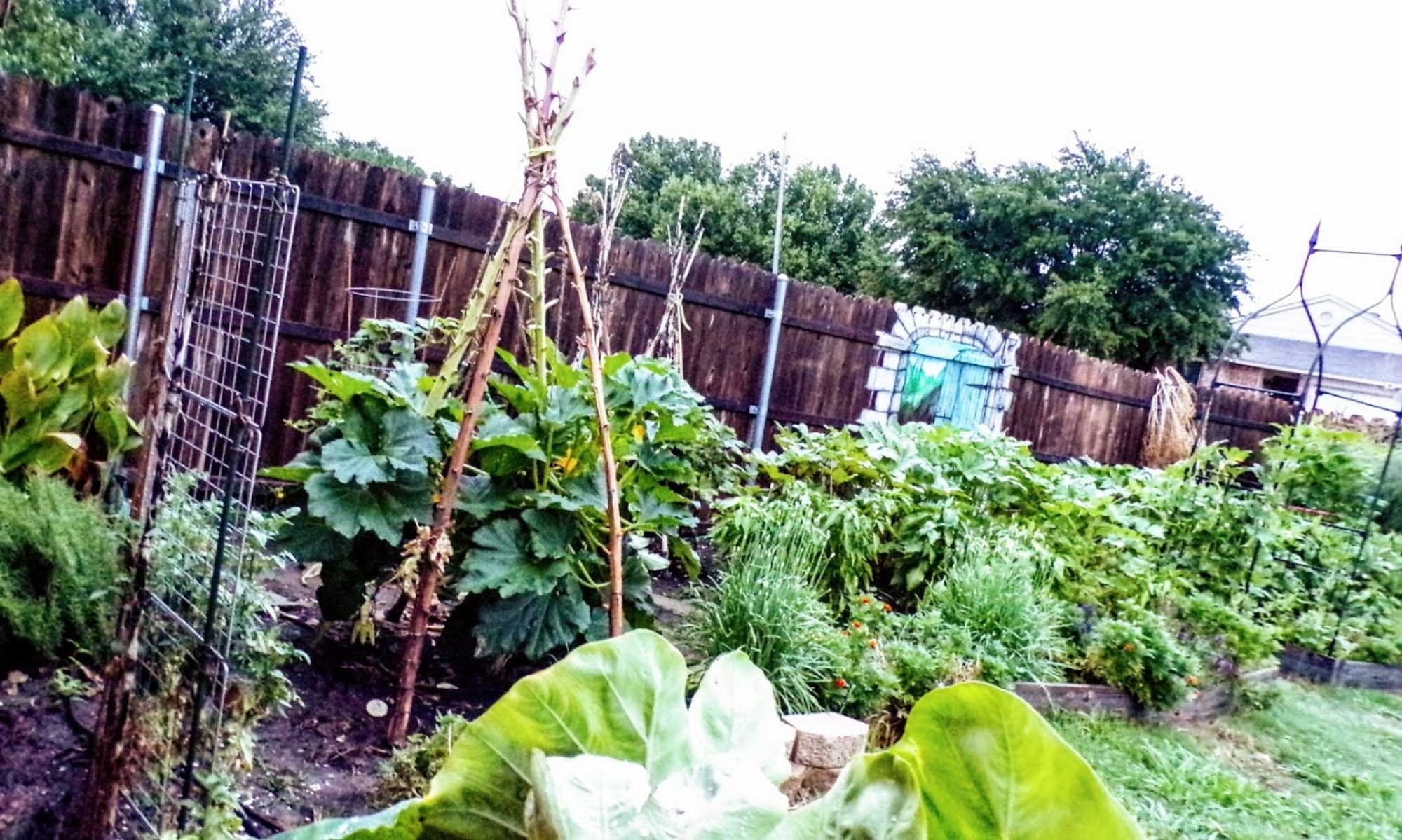 Growing healthy roses can be one of the most enjoyable things to do… it can also be frustrating as they tend to get hit with things like Black Spot or other similar diseases. Here are a few Quick Tips to help your roses thrive:
Growing healthy roses can be one of the most enjoyable things to do… it can also be frustrating as they tend to get hit with things like Black Spot or other similar diseases. Here are a few Quick Tips to help your roses thrive:
- Keep the Leaves of your roses Dry! Always water your roses from the base at the ground level. Keeping your leaves dry will detour common rose diseases like Black Spot.

- Put Space Between your Plants! Plant your roses with a minimum of three to four feet between them. This can do wonders in keeping diseases from jumping from plant to plant within your space.

- Feed your Roses Epsom Salt! Roses need Magnesium sulfate to grow strong and using a monthly regime of Epsom Salt will help keep them that way. Read more about Epsom Salt on the Quick Hit: Epsom Salt Once a Month!

- Use Coffee Grinds in your Rose Beds! Roses like a slightly acidic soil. Coffee grinds in the beds add organic matter and a small amount of acidity. Feeding them monthly with your left over grinds is a natural way to feed your beauties! read more about Coffee Grinds in the article: Using Coffee Grinds in your Garden.

- Add Banana Peals to your Rose Beds! Banana peals have a high level of natural potassium. Adding them to your soil is a great way to increase your roses potassium levels naturally and you don’t even have to decompose them. Simply bury them below your roses and watch them thrive!
Managing Black Spot
Even with these tips most rose gardens will face Black Spot, (also known as Diplocarpon rosae) on the leaves of their roses. Black Spot turns the leaves yellow and a classic black spot and will spread quickly from leave to leave.

Black spot hits in cool humid weather normally between 70 and 80 degrees. Which is why it’s commonly seen attacking our Texas roses in the spring time. There are a few things one can do to avoid black spot.
-
- Follow No Water on Leaves rules as listed above!
-
- Spray a Neem Oil Mix of 2 tsp. of Neem to 1 Gallon of Water and 3 tsp. of soap and spray your leaves. I use Rejuve Naturals.
-
- Use a Baking Soda Mix of 2 tsp. baking soda to 1 gallon of water and 2 tsp. of dish soap to create an alkaline chemical condition on the roses and spray it on the leaves. The alkaline makes it difficult for the fungus to adhere to the leaves!
Using some of these small steps will help your roses perform better for you all year-long!
Follow me on Instagram!
Follow me on Facebook!





I love roses 🌹. At the beginning of spring, my roses were so beautiful. The leaves so green and the blooms were a delight. I was able to make and gifted various roses bouquet 💐. But as we are getting closer to summer, the heat is so intense that it dries the bulb and/or the blooms right away. I don’t have shade in the garden and my roses are under direct light all day. What can I do to help beat the heat?
Hi Gina thanks for the question, the first thing you want to do is make sure your roses are as healthy as possible. Feed them once a month with epsom salt they need magnesium sulfate to stay strong and coffee grinds, used, also seems to help mine. I also spray with fish Emulsion once a month. Even with this care though mine can also get a little scraggly looking in the summertime. trim them back so fresh roses can occur if they get too ratty looking. Now as far as protecting for the Heat take a look at the article on planning for the heat it gives some good proactive advice on how to plan ahead for the heat in your garden. If you’re in an area where you don’t have any shade from a structure then consider also planting this time of year large or giant plants such as large sunflowers that will offer shade to your other plants that need it. This can also offer some color in the area when your roses are looking a little more off base. I like to start to plant my large sunflowers next to my roses in about the April or May time frame so that I know that there a good size come June through August when the heat is really on. also look at Arbors or other structures that will help you in the future if it’s a little too late for that now. Overall though one of the best ways to confront the heat is to keep your plants as healthy as possible and help them it through.